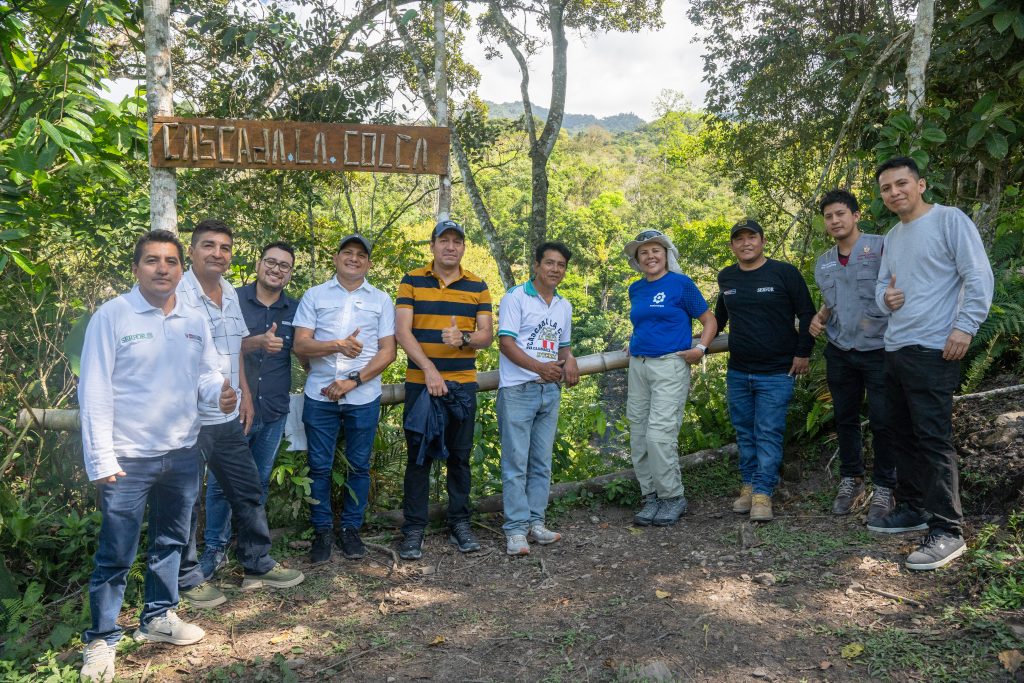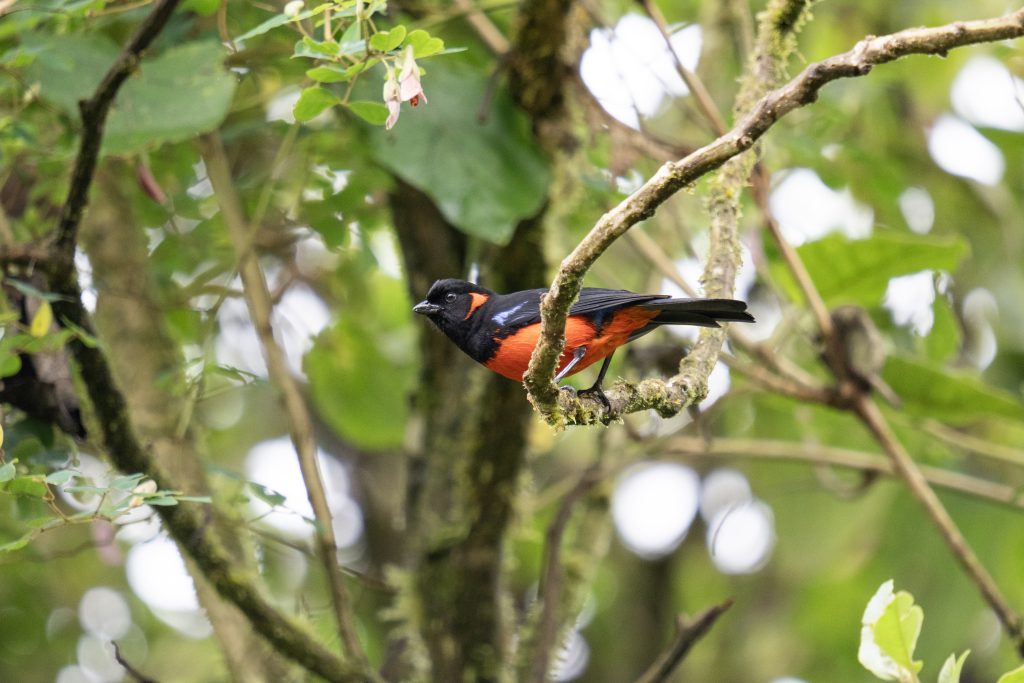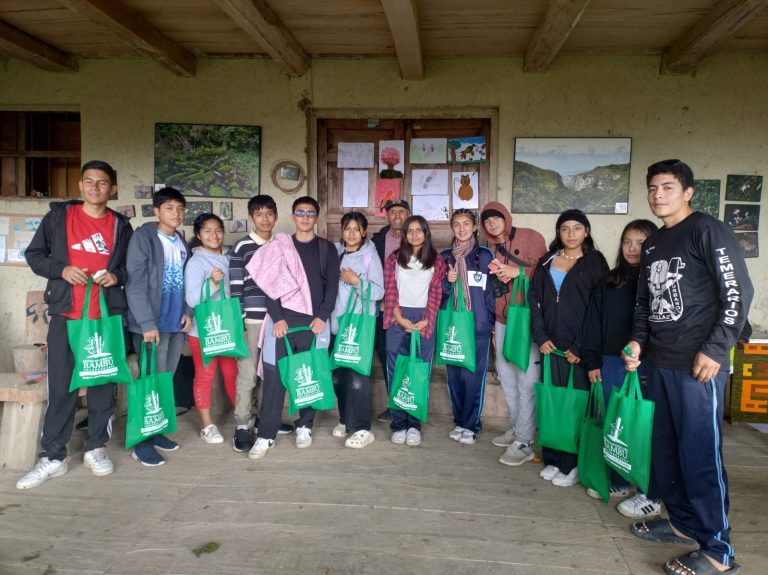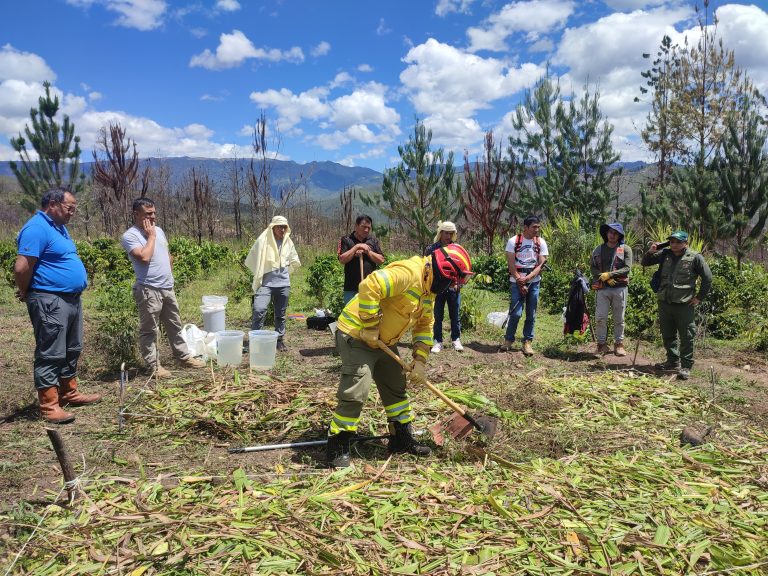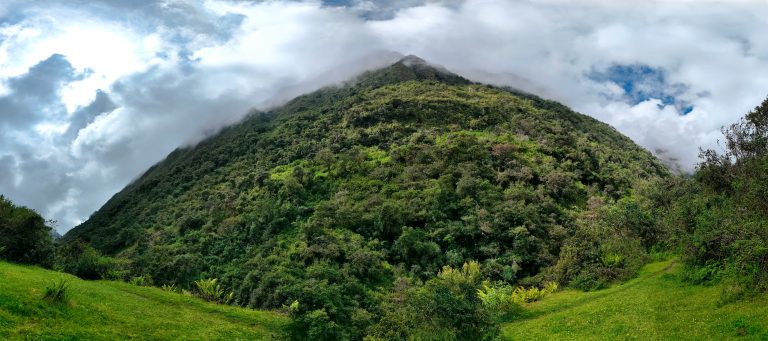June 2021. – Every day at 3 o’clock in the morning, Don Ubaldo (42) takes the hook he reels in the night before, his fish and leaves his house located in the Pescador area of El Alto, Piura, on his way to the Cabo Blanco dock, not without first giving a kiss on the forehead to his little 5-year-old son and stopping in the middle of his living room to cross himself before the altar of his father, who passed away in February of this year. Don Ubaldo says that when he was 8 years old, he was already asking his father to go out to the high seas to fish for bonito, hake, cabrilla and tuna, species that abound in what he calls “the blessed waters of the sea of Cabo Blanco in Piura”.
He studied to be a metallurgical machinist in Piura and worked in the oil industry throughout his life, but his passion for fishing –inherited from his father and grandfather– brought him back to his hometown. When he was 38 years old, he got engaged to his wife and they had a little boy who today also asks him to take him to work in the early mornings. “He wants me to wake him up early to accompany me, but I feel sorry for him, he is still very young and has to study the next morning,” she says. However, he knows that the time will come when he will learn the family tradition.
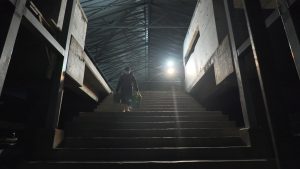
“My son is very young, I would expose him to the cold and high temperatures. In the same way, I feel a great responsibility to teach him this work because it will serve him in his future as it has served me. I have worked in so many things, but fishing has never said no to me, it has given me everything and I am still here thanks to that,” states Don Ubaldo.
After more than 8 hours at sea, more than 10 miles from the village, he returns in his boat named “Mi Salvador”, which has accompanied him since 2016, with up to 200 kilos of fish. “Before, you used to find the fish here nearby, but due to climate change you have to go further out,” he relates with a certain nostalgia.
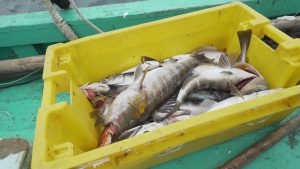
“Climate change is affecting a lot and, apart from the fact that we have to go farther to look for species, they are decreasing in quantity. Much of this is related to oil spills, garbage, pollution from cities that discharge into the sea. I ask that we should become aware of the need to throw less garbage in order to take care of the sea, the source of life for many of us,” he emphasizes.
Climate change caused by people due to the intensive use of fuels such as coal, oil, gasoline and other petroleum-derived fuels has generated an intense problem in Peru’s coastal marine zone, according to the Ministry of the Environment. One of the major impacts on the sea are the untimely changes in ocean circulation, causing major modifications in the distribution and migration patterns of marine species, promoting reproductive failures and, consequently, a slight shortage that forces fishermen, such as Don Ubaldo, to risk their lives more to bring back the fish we use at home.
At the Cabo Blanco dock there are more than 600 fishermen who perform a similar routine and Don Ubaldo is one of the beneficiaries of the project “Adaptation to the impacts of climate change on the coastal marine ecosystem” of Profonanpe, the Peru’s Environmental Fund, which works together with the Ministry of Environment, SERNANP, the Ministry of Production, and the financing of the Adaptation Fund to build resilience in communities against the impact of climate change. Through this project, Don Ubaldo receives training to improve his fishing techniques and, since recently, he has been part of the Monitoring System pilot, in which a camera was installed on the top of his boat in order to record in images, step by step, the moment of catching fish in the middle of the sea, complying with all the protocols for the protection of the marine system.
This new monitoring system, with good results in Chile, generates a QR code that consumers can scan at the time of purchasing their fish and observe the entire process that their product went through before reaching their table.
“I am grateful to be part of this project because it allows me to add value to my product so that the consumer feels happy to see where it is coming from and is happy to see that he/she is consuming healthy fish, extracted in the best way, taking care of the marine ecosystem,” remarks Don Ubaldo Tume.
Finally, he reflects with a message to the new generations of fishermen asking them to work with respect for the sea and its species in order to preserve the production of the entire marine ecosystem and continue bringing this delicious product to the tables of Peruvian families.



